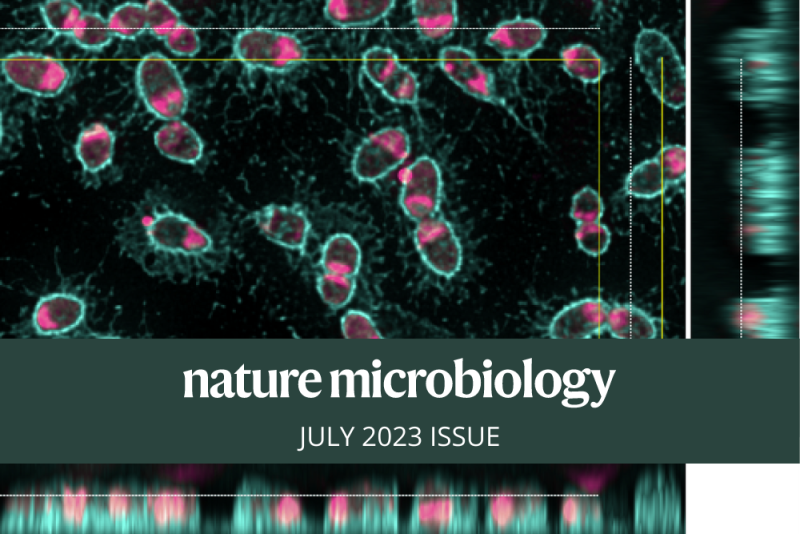
In groundbreaking work in the field of probiotic research, a team led by Dr. Raphael Valdivia in the Duke Department of Integrative Immunobiology has described a system for the genetic manipulation of Akkermansia muciniphila, an emerging probiotic microbe with remarkable immunomodulatory properties. The study, published in the journal Nature Microbiology and available online, uncovers the microbe’s role in regulating cholesterol biosynthesis through its consumption of intestinal mucus.
A. muciniphila has gained significant attention recently due to its association with metabolic and immunological health in both pre-clinical and clinical studies. It has shown promising potential for combating prevalent health concerns such as diabetes and obesity.
Dr. Valdivia and colleagues successfully developed an innovative system for the manipulation of A. muciniphila, enabling control over its genetic makeup. This breakthrough offers researchers a powerful tool to explore the microbe’s molecular mechanisms and unlock its full potential for improving health outcomes. By studying the interaction between A. muciniphila and intestinal mucus, the researchers identified a link to cholesterol biosynthesis regulation. These findings define the microbe’s ability to modulate lipid levels, a crucial factor in maintaining overall cardiovascular health.
“We are thrilled to reveal the potentially significant role of Akkermansia muciniphila in regulating cholesterol biosynthesis,” said Dr. Valdivia. “This discovery opens up new avenues for engineering this probiotic microbe to enhance its health benefits and develop targeted interventions for metabolic disorders and immunological dysregulation.” As researchers continue to delve into the intricate mechanisms underlying this probiotic’s effects, a future with targeted therapeutics and personalized probiotics may be within reach.
This latest research breakthrough represents a critical milestone in understanding A. muciniphila's symbiotic relationship with its human host. It paves the way for future investigations that will contribute to the development of novel strategies to promote better health outcomes.
The research article “ A genetic system for Akkermansia muciniphila reveals a role for mucin foraging in gut colonization and host sterol biosynthesis gene expression” by Davey et al is available in the upcoming issue of Nature Microbiology, accessible online.